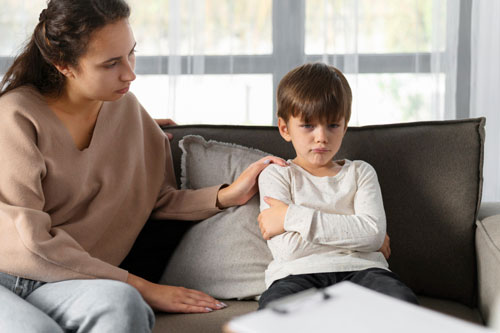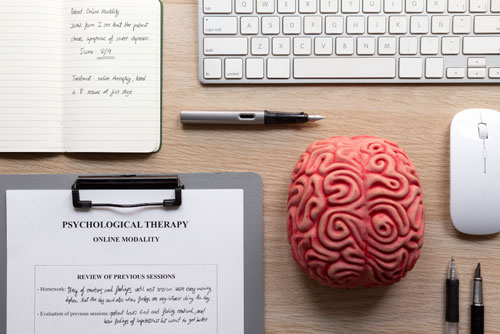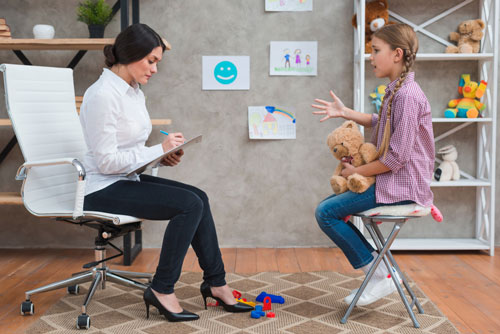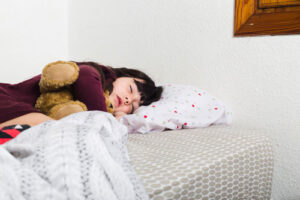Maintaining correct posture cannot be overstated in today’s fast-paced digital age, where slouching over screens and hunching at desks have become the norm.
Beyond the physical advantages, the benefits of maintaining proper posture extend into mental health, particularly in aiding children with depression to develop healthy coping mechanisms.
Understanding the Physical and Mental Link
The intricate connection between the body and mind is well-established. Correct posture is not just about standing or sitting upright; it profoundly impacts various bodily functions, including circulation, digestion, and even hormone regulation. However, what is often overlooked is its impact on mental health.

Research suggests how we physically hold can influence our mood and emotions. Slouching or having poor posture can lead to feelings of lethargy and low self-esteem, which can be particularly detrimental to individuals struggling with depression.
The Benefits of Correct Posture
1. Enhanced Mood and Confidence
Maintaining proper posture can lead to an instant boost in mood. When we stand tall and open up our chest, it sends signals to our brains that we are in a confident and assertive state. This can positively impact self-esteem and overall outlook on life, which are crucial factors in helping children combat depression.
2. Stress Reduction
Correct posture can contribute to reduced stress levels. When we slouch, our bodies are under unnecessary strain, which can trigger stress responses. On the other hand, sitting or standing with proper alignment helps alleviate physical tension and signals the brain to be in a more relaxed state. For children with depression, this can translate into better stress management and the cultivation of healthier coping mechanisms.
3. Improved Breathing and Oxygenation
Good posture allows the lungs to expand fully, enabling efficient breathing. Proper oxygenation is essential for brain function and emotional regulation. Correct posture improves respiratory function and the body’s ability to manage stress and anxiety, which are commonly associated with depression.
Nurturing Healthy Coping Mechanisms in Children with Depression

1. Body-Mind Connection in Coping
Developing healthy coping mechanisms is crucial for children dealing with depression. Encouraging them to be mindful of their posture can link their physical and emotional states strongly. When they consciously improve their posture, they enhance their physical well-being and gain a tangible tool to manage their emotions. This awareness can pave the way for adopting other positive coping strategies.
2. Empowerment through Posture
Teaching children about the power of posture can empower them in their battle against depression. It offers a tangible action they can take to exert control over their emotional state. Adjusting their posture can remind them that they have agency over their feelings, fostering a sense of empowerment vital in overcoming depression.
3. Incorporating Posture in Daily Routine
It is essential to integrate it into the daily routine to make the most of the benefits of correct posture. Encouraging children to set regular posture reminders can turn this practice into a habit. Over time, this routine can become a source of comfort and stability, essential components of healthy coping mechanisms for depression.
Conclusion
In the journey toward improved mental health, exploring holistic approaches that encompass physical and psychological well-being is imperative.
Correct posture stands as a powerful bridge between these two realms. By understanding and harnessing the benefits of proper posture, we enhance our physical health and equip children with depression with valuable tools to develop healthy coping mechanisms.
So, as we sit up straight and stand tall, let us remember that the path to better mental health often starts with a simple adjustment in how we hold ourselves.







